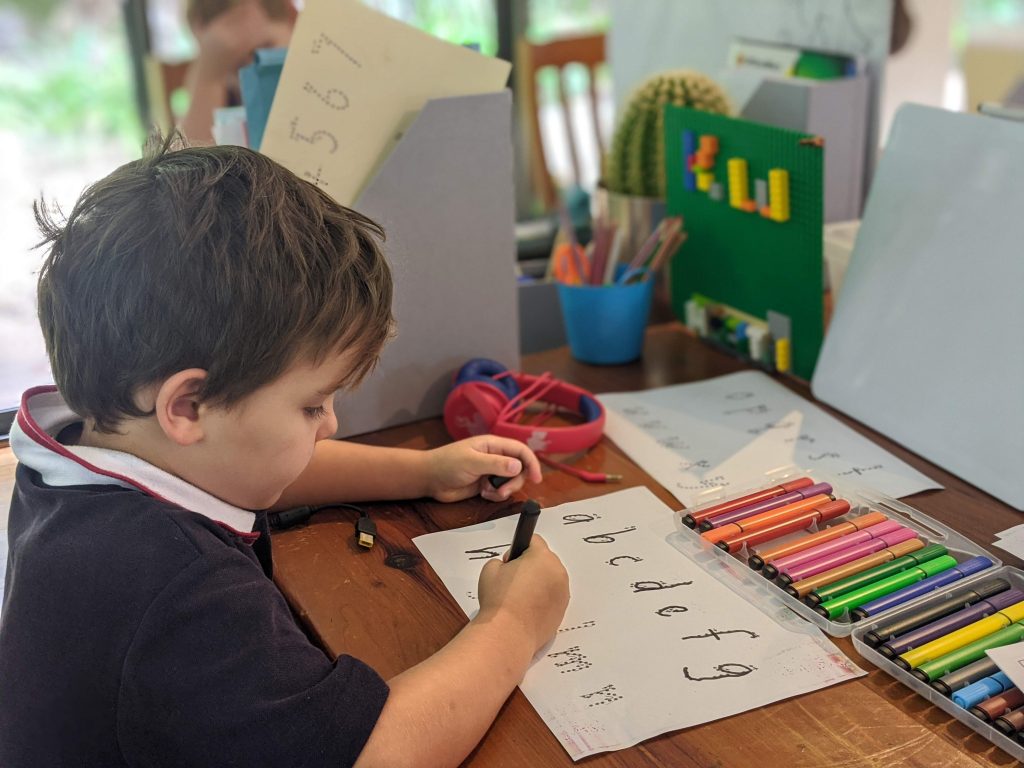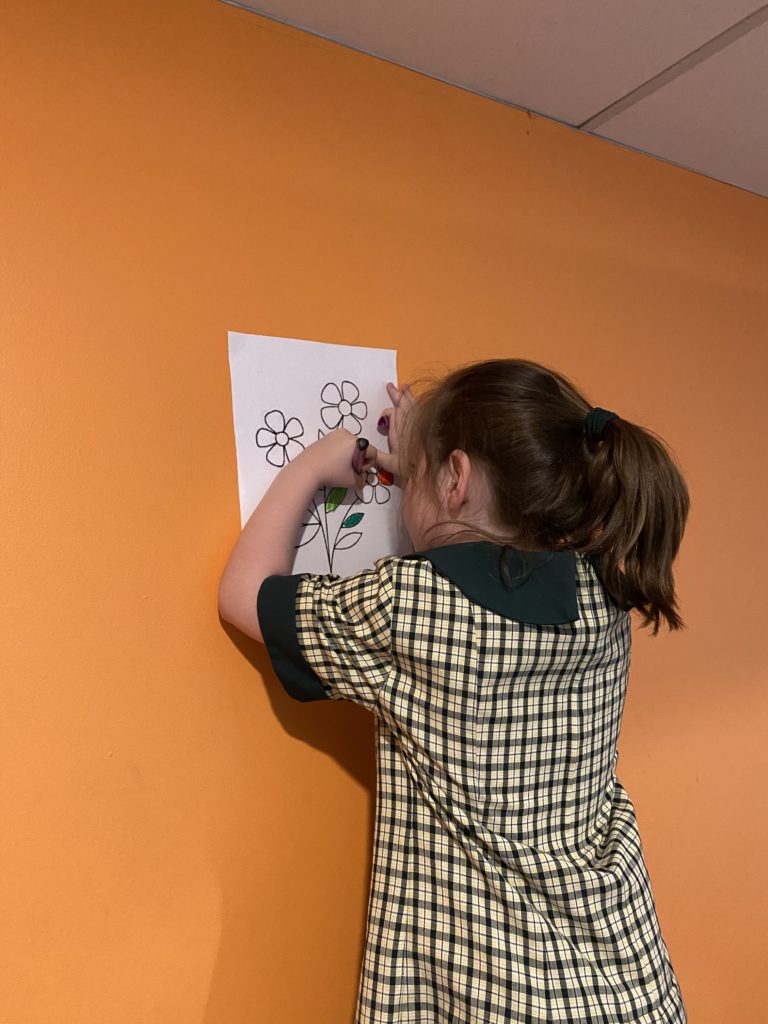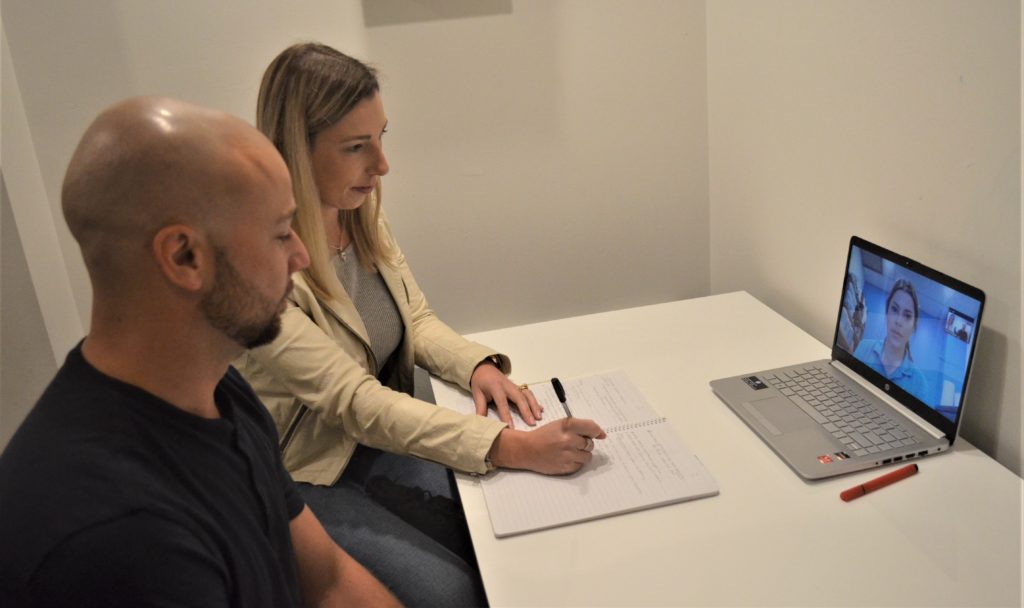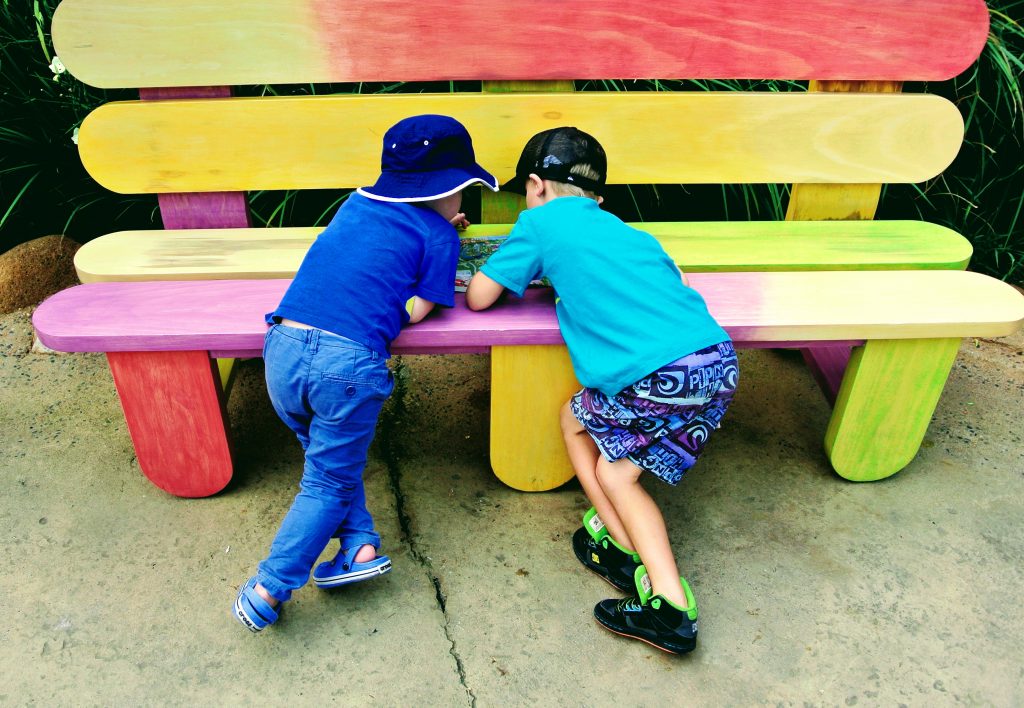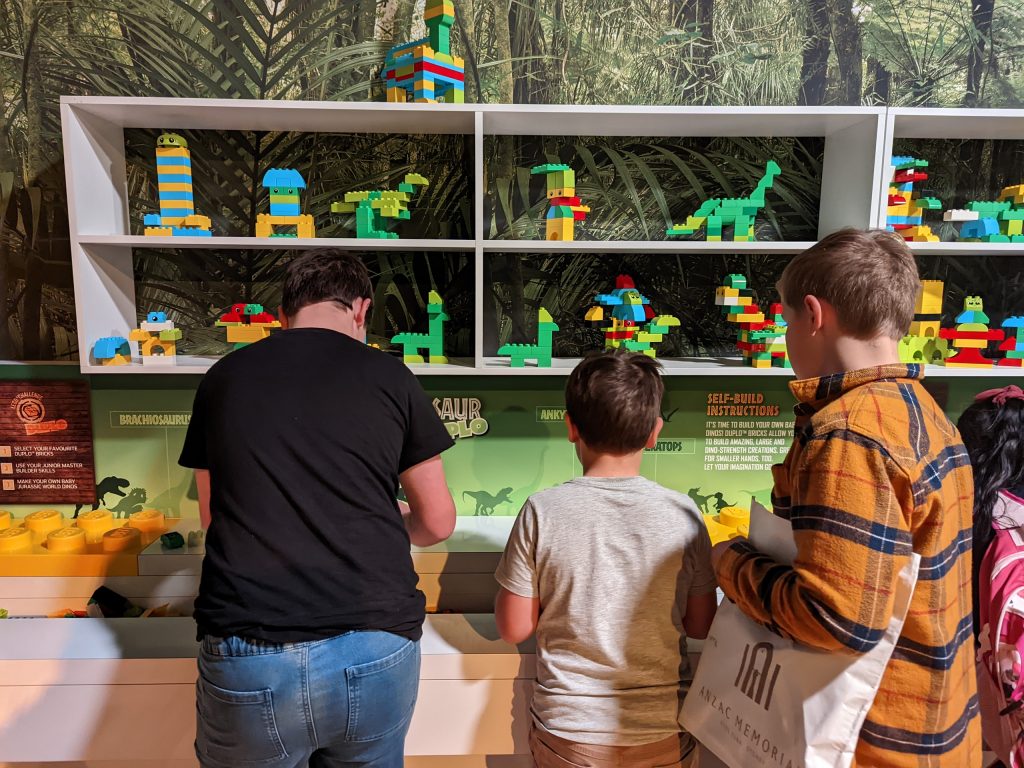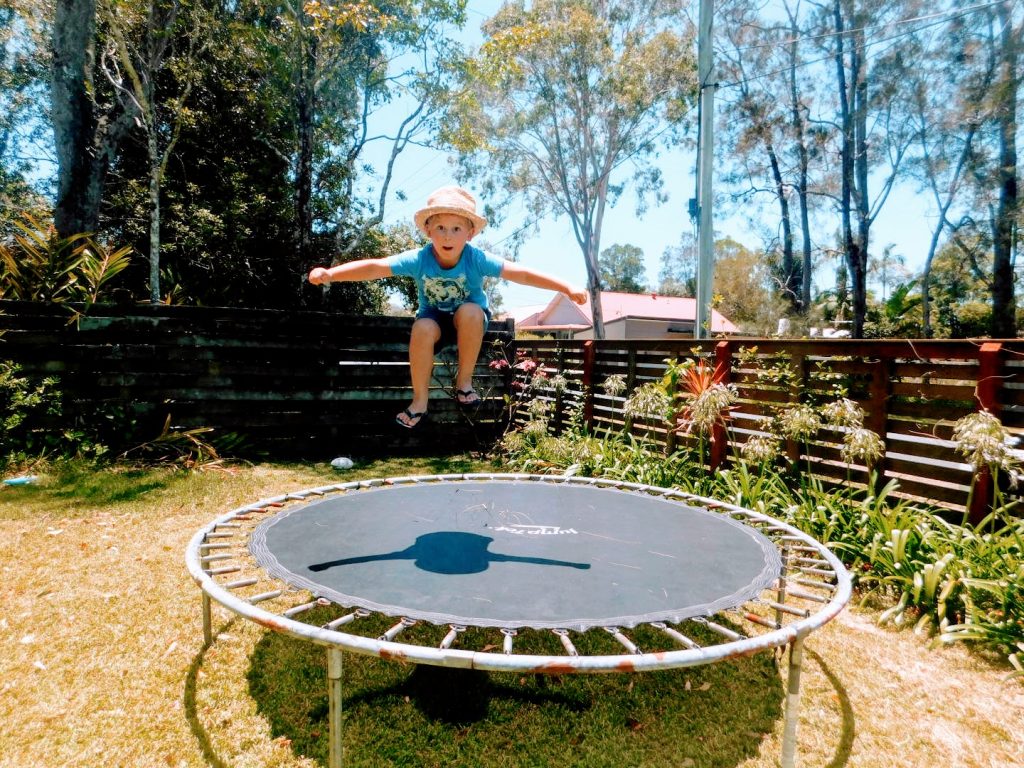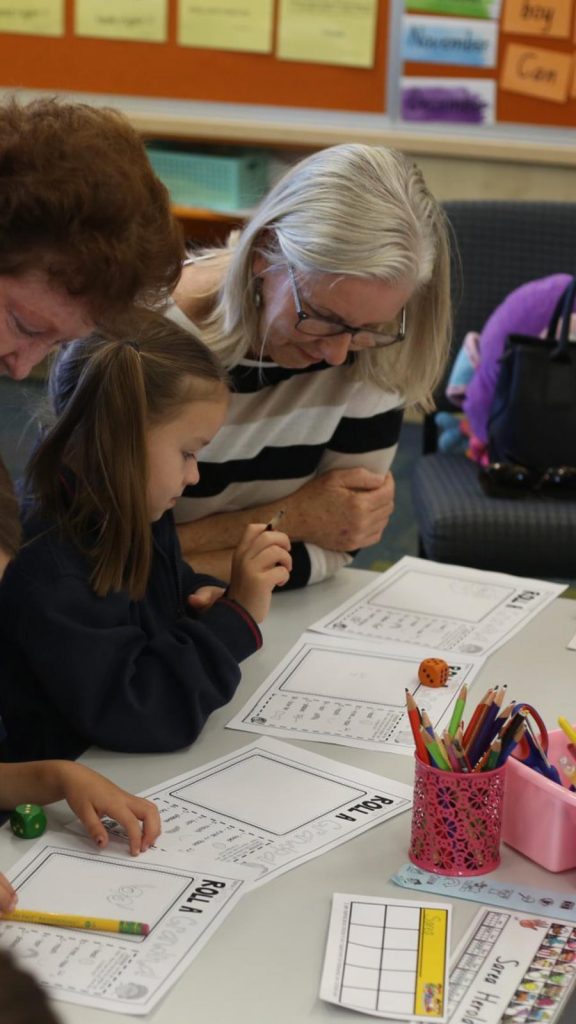Author: Jake Robinson, Paediatric Occupational Therapist
3 min read
Have you ever brought a new piece of clothing to wear, only to find a strange, uncomfortable feeling rubbing on your back? Or put on a pair of socks only to immediately remove them in an attempt to smooth out the ripple or crease rubbing on your foot. This is your body having a sensory response to an unfamiliar or uncomfortable stimuli.

Often when we hear kids say “this feels funny” or “I don’t like this”, it is their body experiencing an unfamiliar sensory response. Children are often not able to explain or tell us what is happening. It is also a common reason why some children prefer to wear the same clothes or play with things made of a specific texture as it feels safe and comfortable for their body.
Sensory Systems
The human body has millions upon millions of sensory receptors all over. These receptors feed information from the environment, your body, and your movements into your sensory systems and brain. Our bodies have eight sensory systems; gustatory (taste), olfactory (smell), visual (seeing), auditory (hearing), tactile (touch), vestibular (sense of gravity and movement), proprioceptive (body awareness), and interoception (internal awareness). These systems are designed to make sense of all the information in your environment, to allow us to act and engage in activities of everyday life.
Sensory Sensitivity
In the world of occupational therapy, we talk about the importance of using sensory input to help the body feel regulated, but the body can also have challenges tolerating and managing certain sensory inputs. We often refer to this as sensory sensitivity. Sensory sensitivity often occurs when our body is exposed to a sensation that it is not able to understand. This commonly happens for children who have challenges with sensory processing. Sensory sensitivity to touch can cause a large emotional response or can result in children becoming frustrated or refusing to wear clothing.
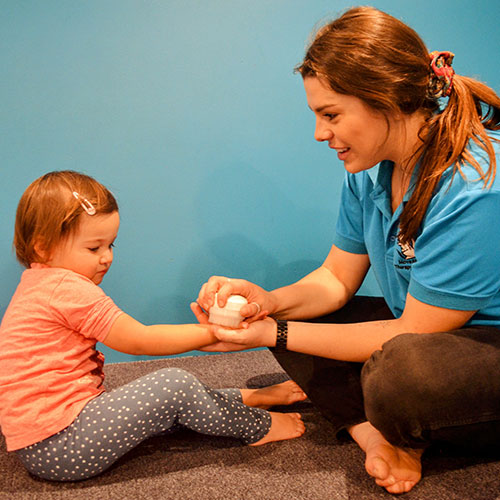
What can I do about it?
There are many ways to support the body to better tolerate these tactile sensory inputs. A tool that we often recommend is the Wilbarger Therapressure Protocol. This program is designed to be implemented multiple times throughout the day to reduce tactile defensiveness. Other tools that we may also recommend include compression garments, to support and ground a child’s nervous system. These garments are often worn under the child’s clothing. Other options for intervention include Therapeutic Listening and QuickShifts, which are modulated music designed to promote positive changes to neural pathways in the brain. These strategies and tools are best completed under the guidance of a trained occupational therapist. To find out more about sensory sensitivity and treatment options, reach out to MoveAbout Therapy Services today!
If you feel like your child is struggling with sensory processing talk to an occupational therapist for further guidance. Contact MoveAbout today. Check out our Facebook and Instagram pages for more education regarding sensory processing and regulation.
GET IN TOUCH
